Precision Metal Stamping Materials
Precision metal stamping can be applied to a variety of materials based on their unique metalworking qualities for a number of applications across a wide range of industries. Precision metal stamping materials may require the forming and processing of base common metals to rare alloys for their application-specific advantages. For their precision metal stamping materials, some industries require the electrical or thermal conductivity of beryllium copper in areas such as aerospace, electrical, and the defense industry or the high strength application of steel and its many alloys for the automotive industry.
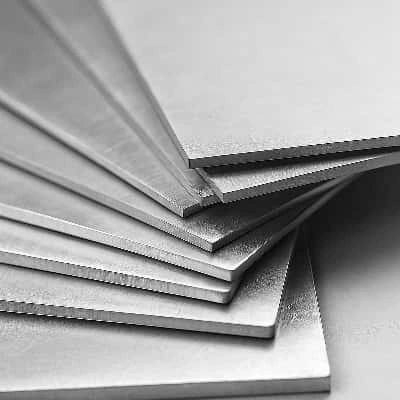
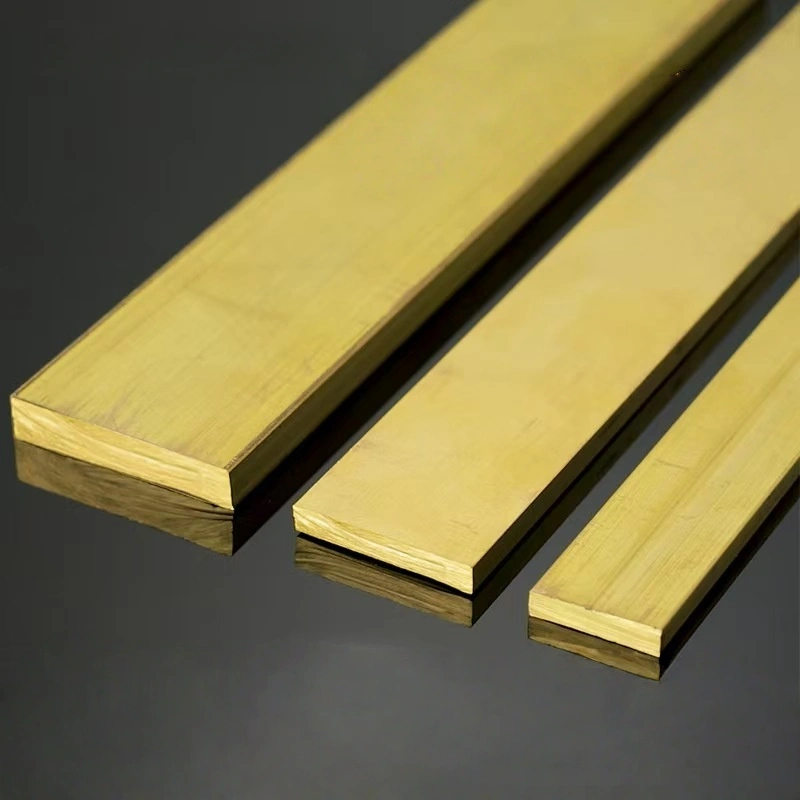
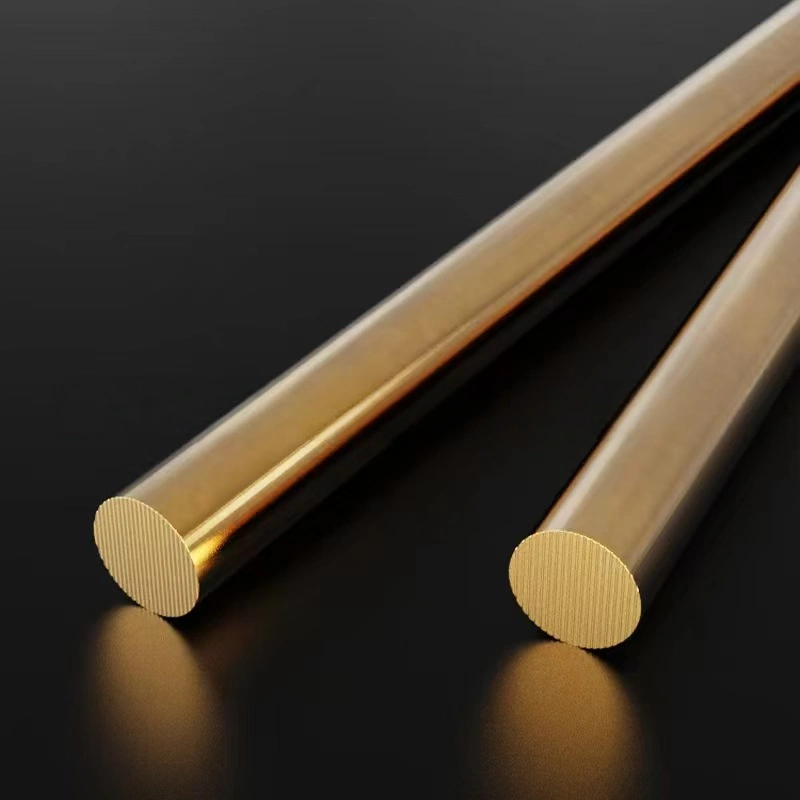
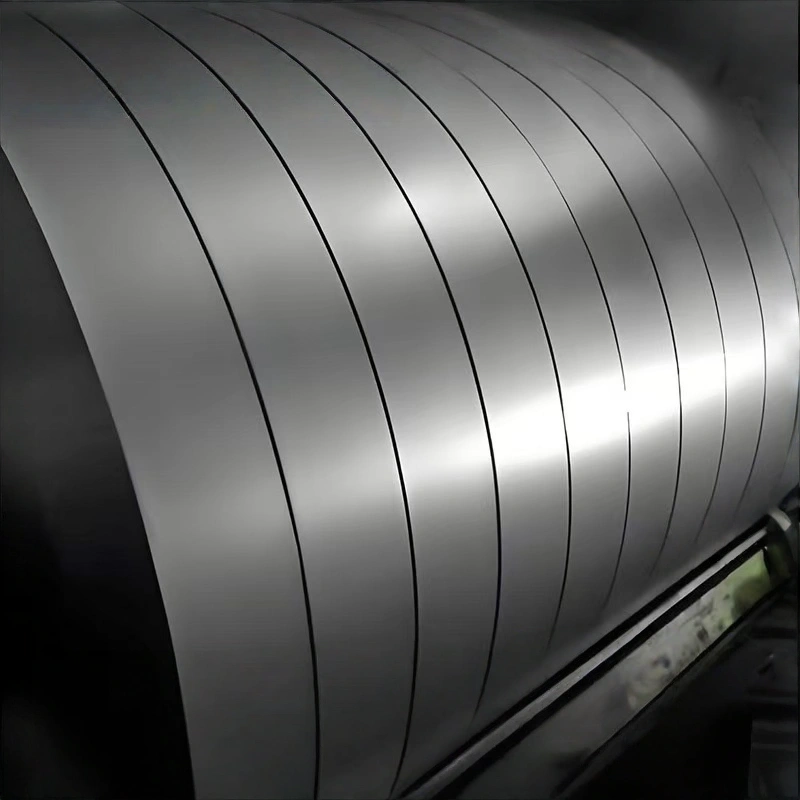
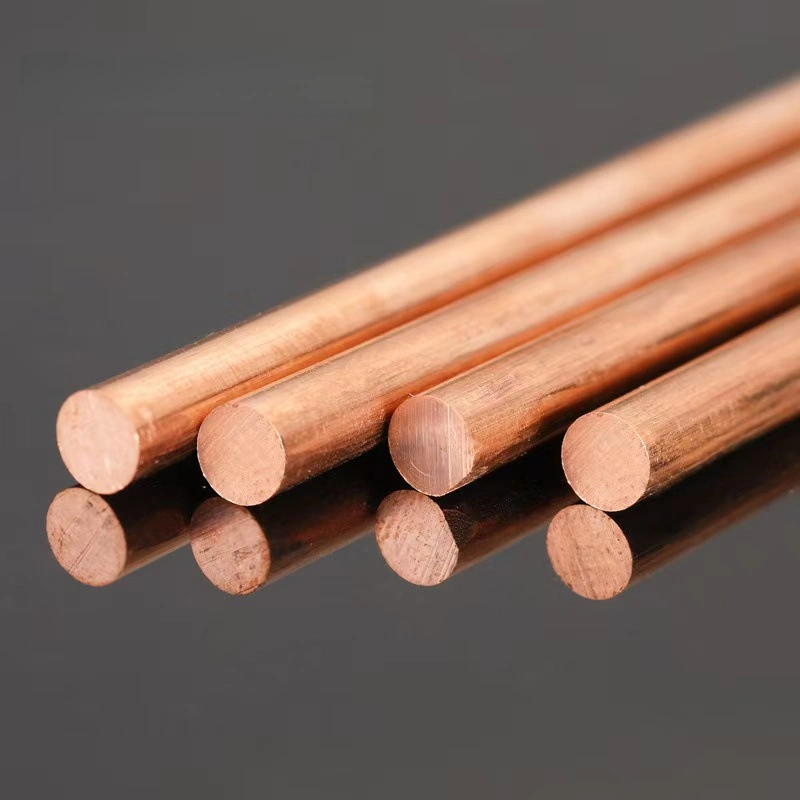

Work with a company that you can trust
We have obtained ISO 9001, BSCI, and SGS certifications.
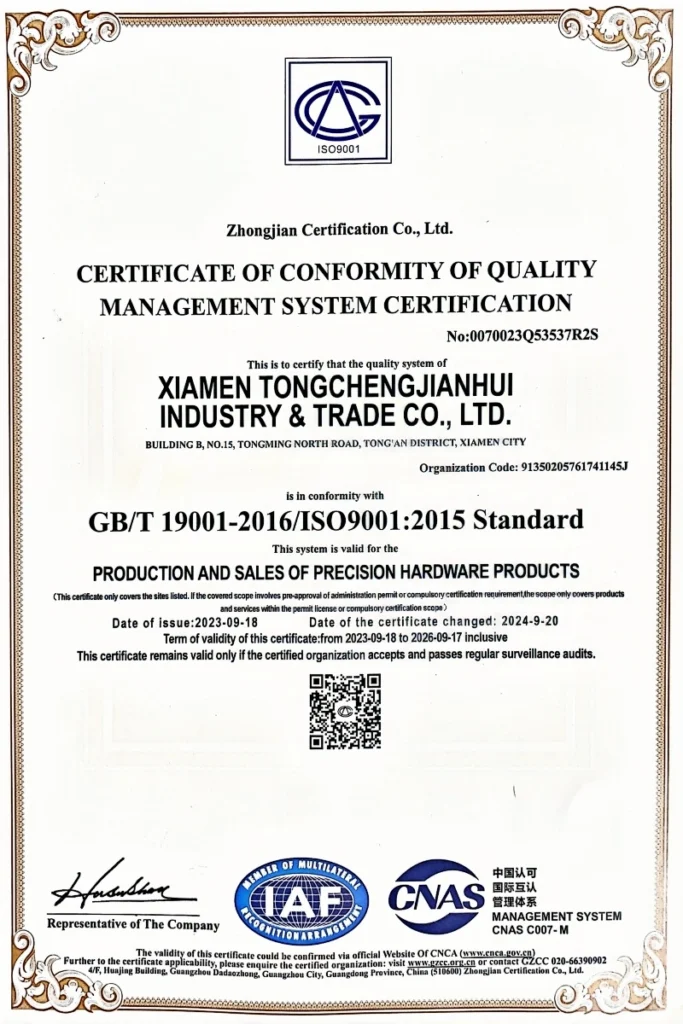
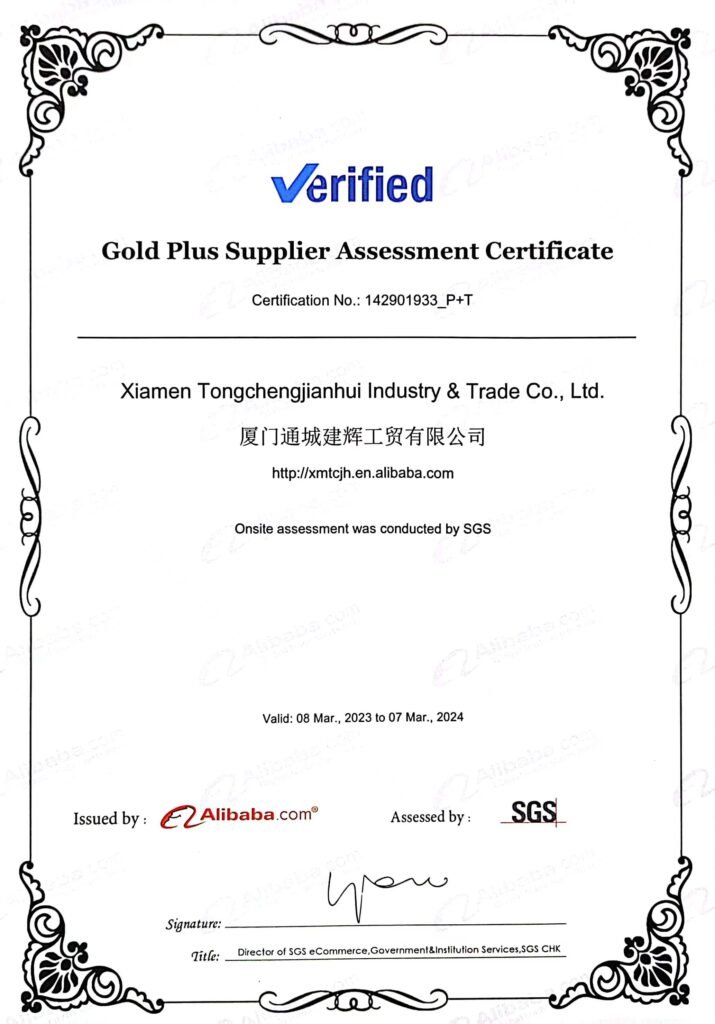
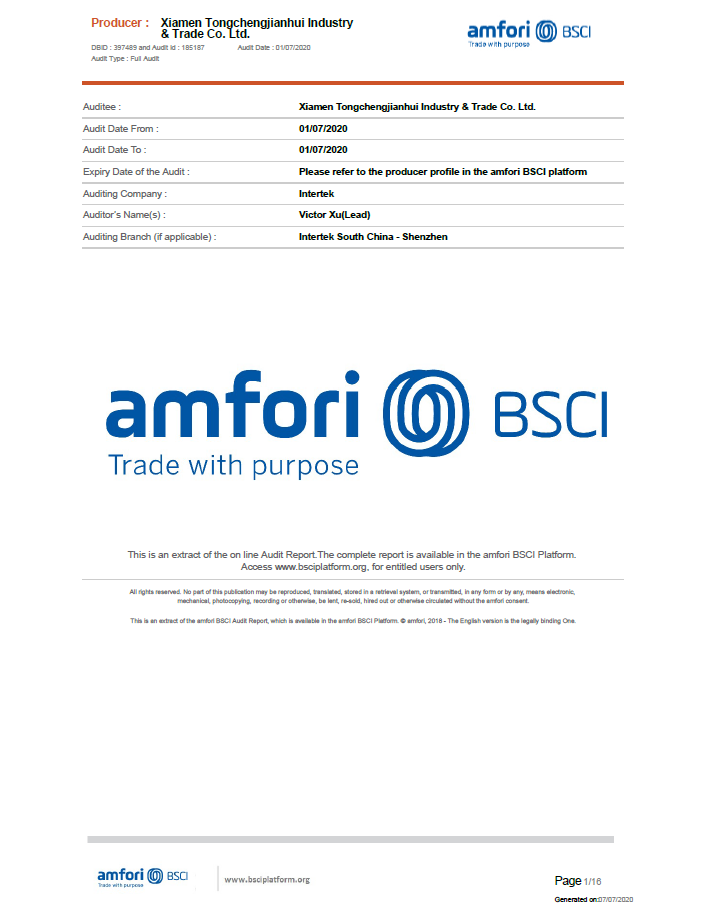
Explore the Industries We Serve
Metal bending, stamping, and CNC machining are three key metal-forming technologies, each with unique characteristics suited for different manufacturing needs. Metal bending is primarily used to shape metal sheets and is fundamental to sheet metal fabrication, widely applied in manufacturing enclosures for architecture and industrial equipment. Stamping is a high-efficiency, low-cost process for mass production, making it the top choice for the automotive, electronics, and home appliance industries. In contrast, CNC machining stands out for its high precision and flexibility, and is often used to produce structurally complex and tight-tolerance critical parts for aerospace, medical, and high-end electronics.
Metal Stamping
Metal stamping is a process that uses a press and a die to apply pressure to a metal sheet, causing it to separate or deform into a part with a desired shape, size, and properties.
Key Industries:
Automotive Industry: Stamping is a cornerstone of car manufacturing, used to produce body panels (like doors and hoods), frames, wheel hubs, and various internal brackets and components.
Consumer Electronics: Used to manufacture internal shielding cases, connectors, battery covers, and various tiny metal parts for mobile phones.
Home Appliance Manufacturing: Used to produce casings and internal structural components for appliances like refrigerators, washing machines, and air conditioners.
General Hardware: Widely used to produce fasteners, washers, locks, and various tools.
Metal bending is a process that uses a bending machine to fold a metal sheet along a straight line into a specific angle or shape. It’s typically one step within the broader sheet metal fabrication process.
Key Industries:
Architecture & Home Furnishings: Used to make window and door frames, stair railings, decorative panels, and furniture components.
Industrial Equipment: Used to manufacture various equipment enclosures, chassis, brackets, and control cabinets; it’s an essential part of sheet metal production.
HVAC Systems: Used to create ventilation ducts, air conditioner housings, and air duct systems.
Transportation: Used to produce structural parts, panels, and brackets for trucks and ships.
CNC Machining
CNC machining uses computer numerical control machines to precisely cut a solid block of metal with a tool, creating complex, high-precision parts.
Key Industries:
Aerospace: Used to manufacture high-precision structural components, engine parts, and complex connectors for aircraft, rockets, and satellites, where accuracy and material performance are critical.
Medical Devices: Used to produce surgical instruments, implants, and precise diagnostic equipment casings, as these require extremely high accuracy, surface finish, and material reliability.
High-End Electronics: Used to create precision casings and internal structural components for products like smartphones, drones, and cameras, enabling lightweight and high-performance designs.
Military & Defense: Used to produce critical components for weapon systems, communication equipment, and high-tech instruments.
